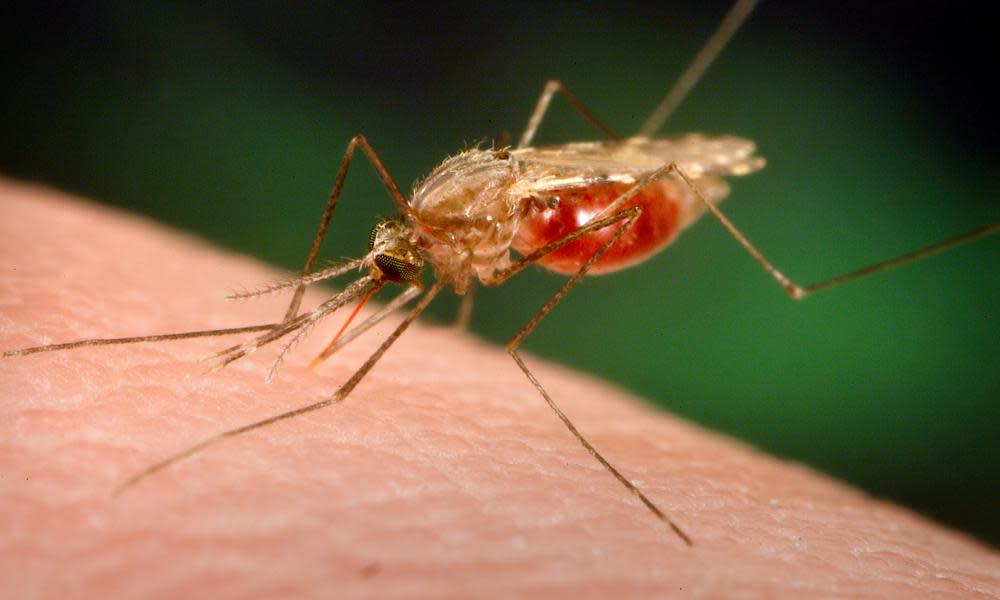Team behind Oxford Covid jab start final stage of malaria vaccine trials

The Oxford team that has produced a successful coronavirus vaccine is about to enter the final stage of human trials in its quest for an inoculation against malaria.
The Jenner Institute director, Prof Adrian Hill, said the malaria vaccine would be tested on 4,800 children in Africa next year after early trials yielded promising results.
In an interview with the Times, Hill said malaria was a public health emergency.
More than 400,000 people a year die of the disease, and in Africa a child under five dies every two minutes.
“A lot more people will die in Africa this year from malaria than will die from Covid. I don’t mean twice as many, probably 10 times,” Hill said. The vaccine “is going to be available in very large amounts, it works pretty well. And it’s going to be very low priced.”
The vaccine could be in use by 2024 if the final human trials are successful, he said. It is regarded as a potentially huge breakthrough, given that no vaccine is fully licensed for malaria despite a century of research. GSK is the only pharmaceutical company to have got close, but its product had only 30% efficacy.
The institute’s coronavirus vaccine is also intended to be cheap and available at scale in developing countries. Trials of the jab will start in Burkina Faso, Kenya, Tanzania and Mali next year. Early phase 2 trials look good so far, and Oxford has joined with the Serum Institute in India to produce doses.
It comes as the Oxford/AstraZeneca coronavirus vaccine awaits regulatory approval for use in the UK. Oxford researchers announced their vaccine had 62% efficacy in most volunteers, compared with over 90% recorded for those produced by Pfizer and Moderna.
The researchers said, however, that a sub-set of volunteers had mistakenly been given a lower dose of the vaccine as a result of manufacturing problems and that lower dosage produced a higher efficacy of about 90%. They had no explanation for the anomaly.
“The Covid-19 pandemic has demonstrated the extent to which the world remains at threat from infectious diseases,” Azra Ghani, professor of infectious disease epidemiology at Imperial College London, told the Times. “A highly effective vaccine against malaria could have a significant impact in reducing this risk.”


